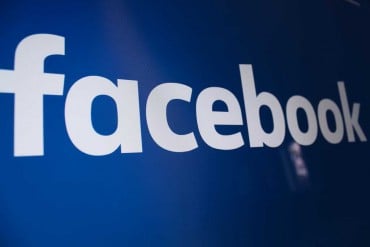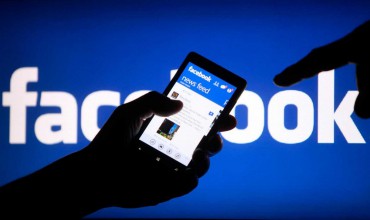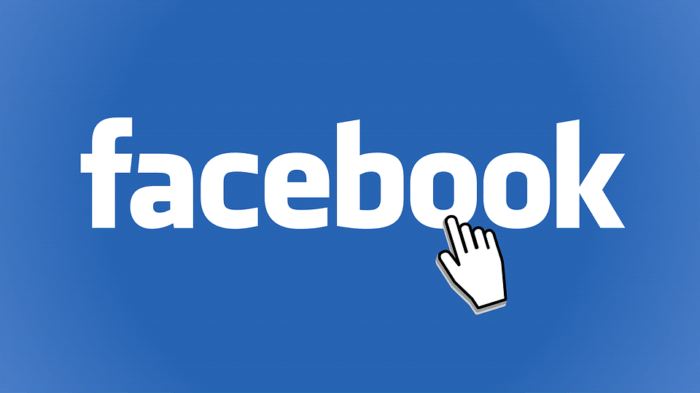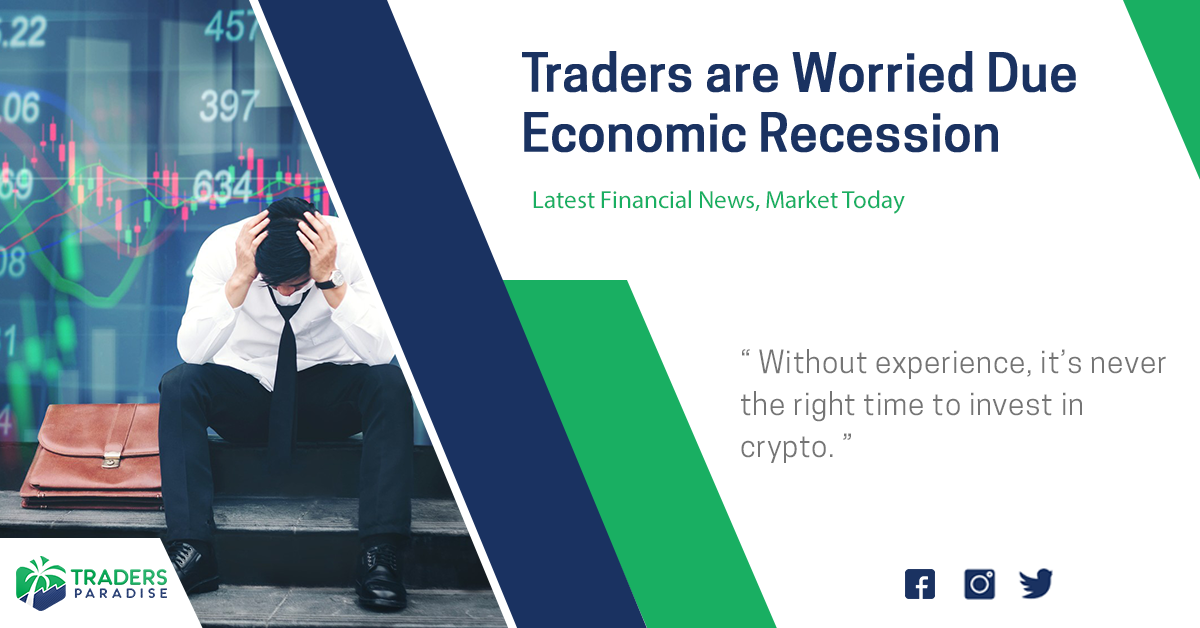2 min read
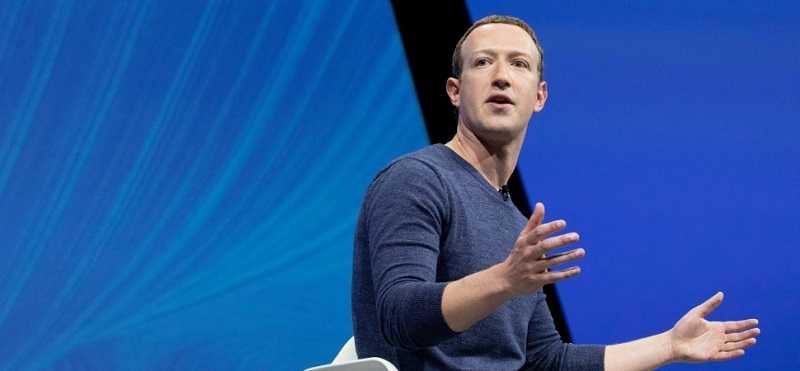
UK parliamentary commission has accused Facebook to act as a ”digital gangsters”.
After 18 months, 73 witnesses, 4,350 questions, and innumerable hours of testimony, British lawmakers presented a finding on Facebook’s year. Direct from hell.
A report from this UK body has taken direct aim at Facebook CEO Mark Zuckerberg, accusing him of “contempt.”
A UK parliamentary committee published a report on Monday, 02/18/2019, accusing Facebook of putting profit over privacy, misleading lawmakers, and being a “digital gangster” that considers itself above the law.
British politicians also said democracy was “at risk” from foreign countries trying to influence UK elections through social media ads.
The new report by British lawmakers is brutal to Facebook and it’s CEO Mark Zuckerberg. They said that Facebook “intentionally and knowingly” obstructed U.K. data privacy and anti-competition laws. And that’s why it urgently needs to be regulated and investigated.
Facebook has shown the arrogant and dishonest face.
Mark Zuckerberg refused to present himself to the committee.
To cite the report:
“Facebook seems willing neither to be regulated nor scrutinized…
Facebook intentionally and knowingly violated both data privacy and anti-competition laws …
We consider that data transfer for value is Facebook’s business model and that Mark Zuckerberg’s statement that ‘we’ve never sold anyone’s data’ is simply untrue.”
In the 108-page document, lawmakers called for the making of an independent regulator for social media sites and a mandatory code of conduct that. If someone breaches it, their suggestion is – “large fines.”
Mark Zuckerberg continually refuses to show the leadership and personal responsibility that should be expected from someone who sits at the top of one of the world’s biggest companies, says the committee.
Damian Collins, chair of the committee, said on the committee’s website: “Mark Zuckerberg continually fails to show the levels of leadership and personal responsibility that should be expected from someone who sits at the top of one of the world’s biggest companies.”
This was, however, not the only reason why British politicians accused Facebook of behaving like “digital gangsters” in the online world.
“Companies like Facebook should not be allowed to behave like ‘digital gangsters’ in the online world, considering themselves to be ahead of and beyond the law,” the report said.
“We are open to meaningful regulation and support the committee’s recommendation for electoral law reform,” Karim Palant, Facebook UK public policy manager, was quoted as saying by The Guardian.
But, something has to be noted, the problem is bigger than just one company. Google and YouTube, which are barely mentioned in the report, play almost as important a role in the dissemination of misinformation online. And they are happy to profit from it. As the information commissioner, Elizabeth Denham has warned, we are now being sold political ideas online with the same techniques that are used to sell shoes and holidays.
Buying the wrong ideas is less obvious than the pain of old-fashioned shoes. The political sale is much more easily made.
There is a paradox of the amazing effectiveness of Facebook and YouTube when it comes to the distribution of ideas.
Some people trust what they find there.
The online channels, seem to offer intimacy to their users. But this fake intimacy is, in reality, a place where people can be more manipulated than ever before. Well, the advertisers know much more about us than they could before we entered it.
But, Facebook wants you to know that it is turning. Its ads tell you so. Its PR hires tell you so.
“While we still have more to do, we are not the same company we were a year ago,” Karim Palant, U.K. public policy manager at Facebook, said.
But the report requests for significant changes to the way the UK regulates its elections and technology, including:
- Stricter rules that will force tech firms to take down illegal content on their site
- A code of ethics that defines “harmful content”
- An independent regulator to oversee enforcement of that code
- New laws around political advertising online
The UK Culture Secretary Jeremy Wright will head to the US this week to meet with the heads of major tech firms, including Zuckerberg. Wright wants to talk about dangerous content online.

